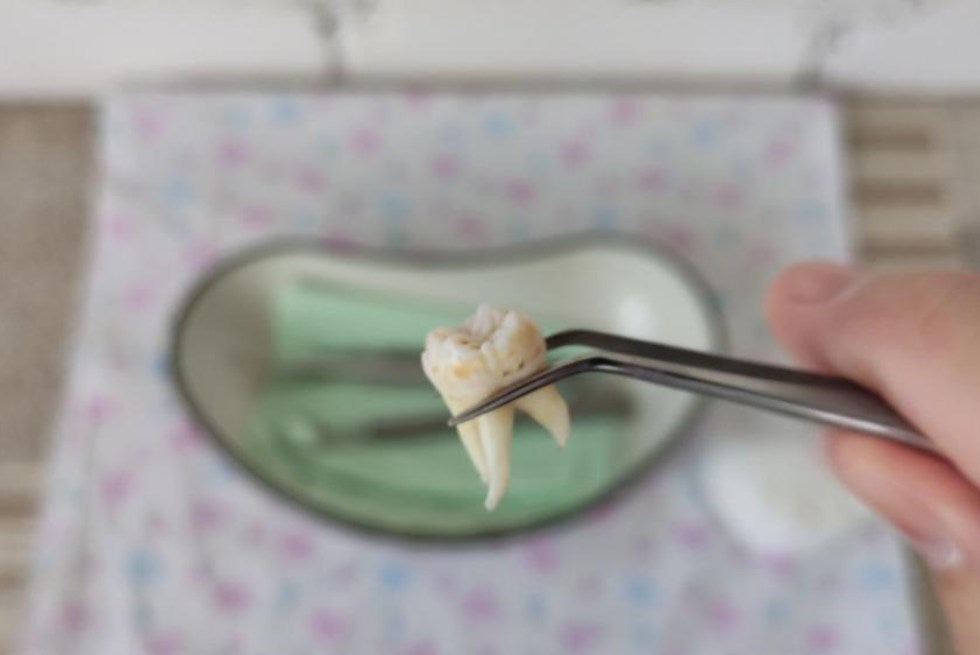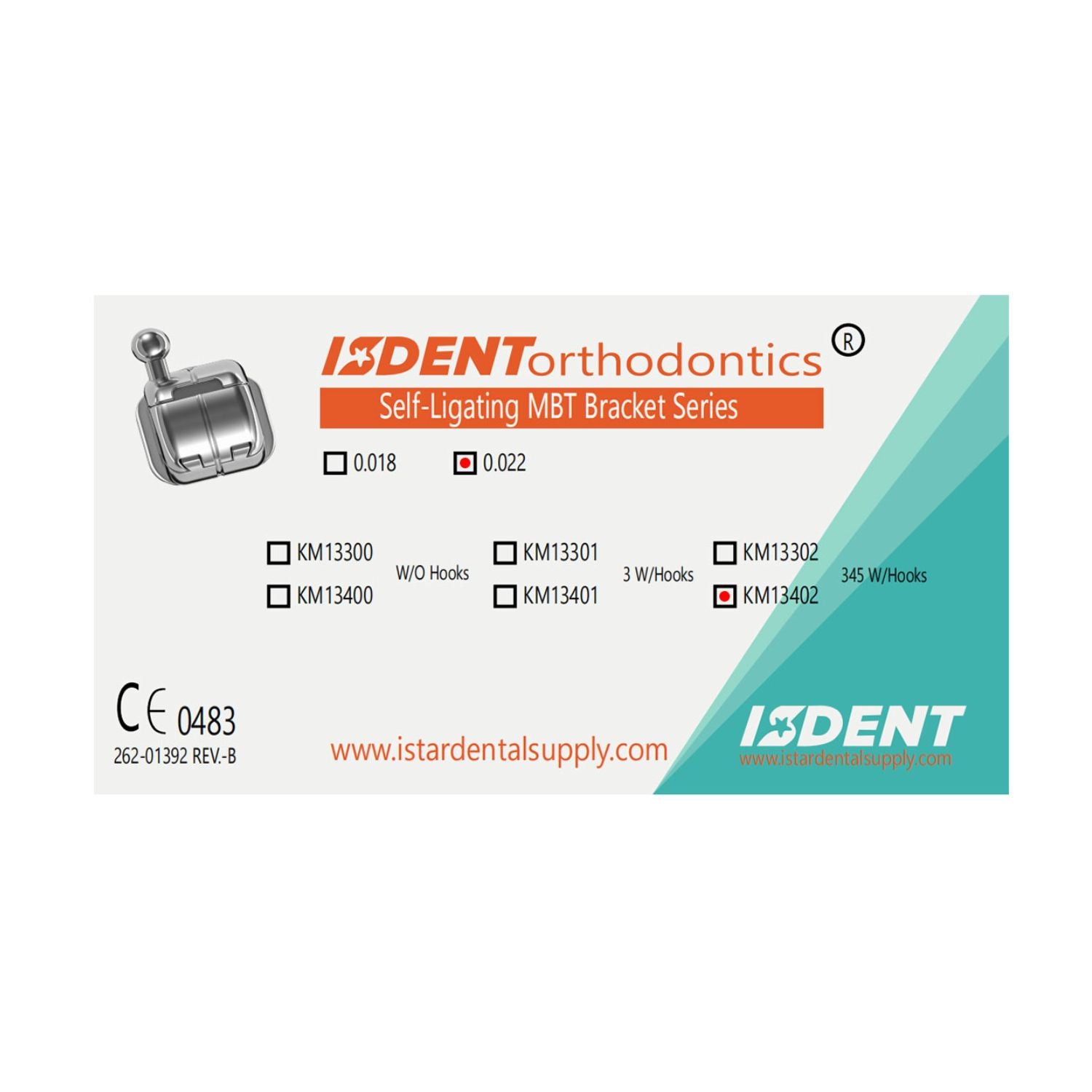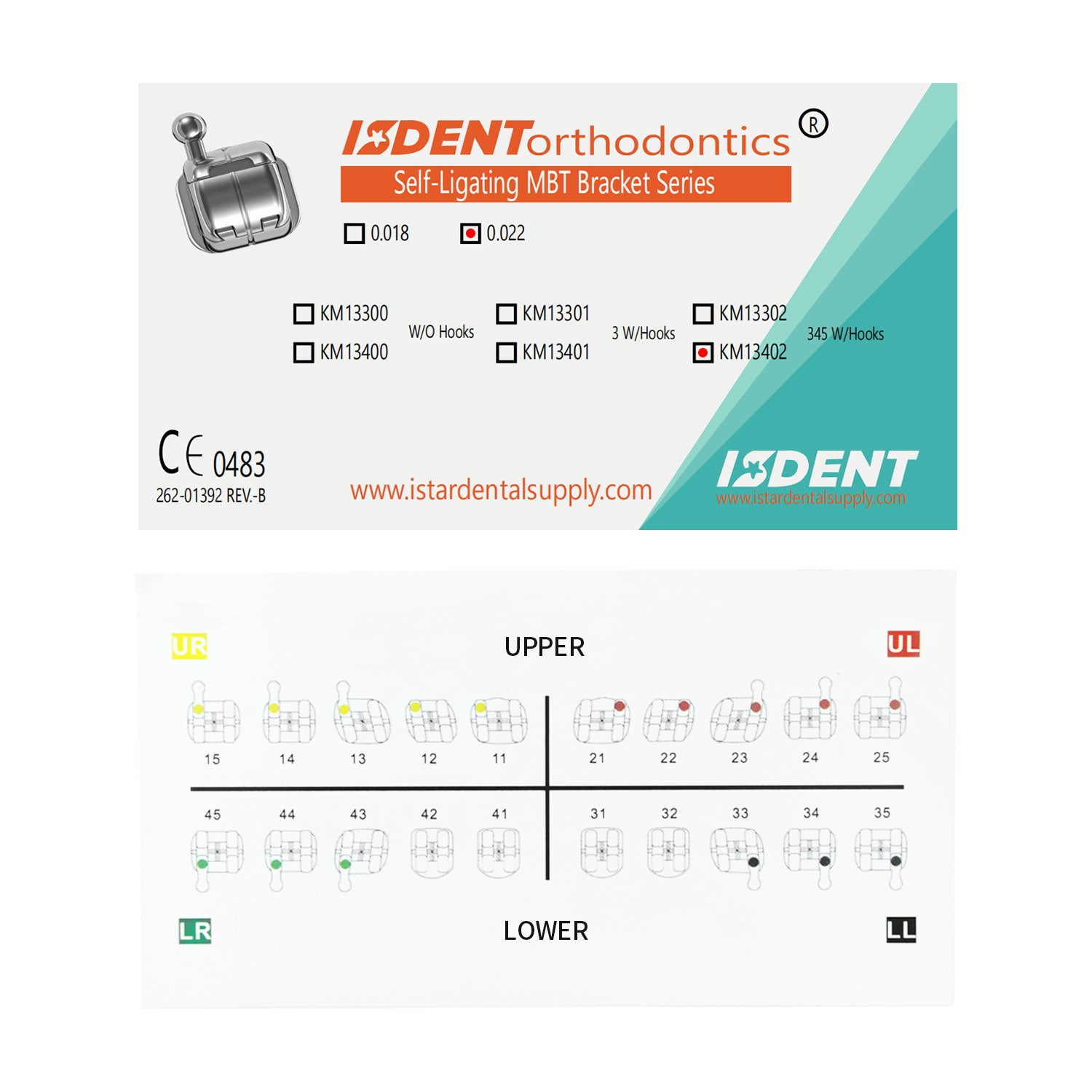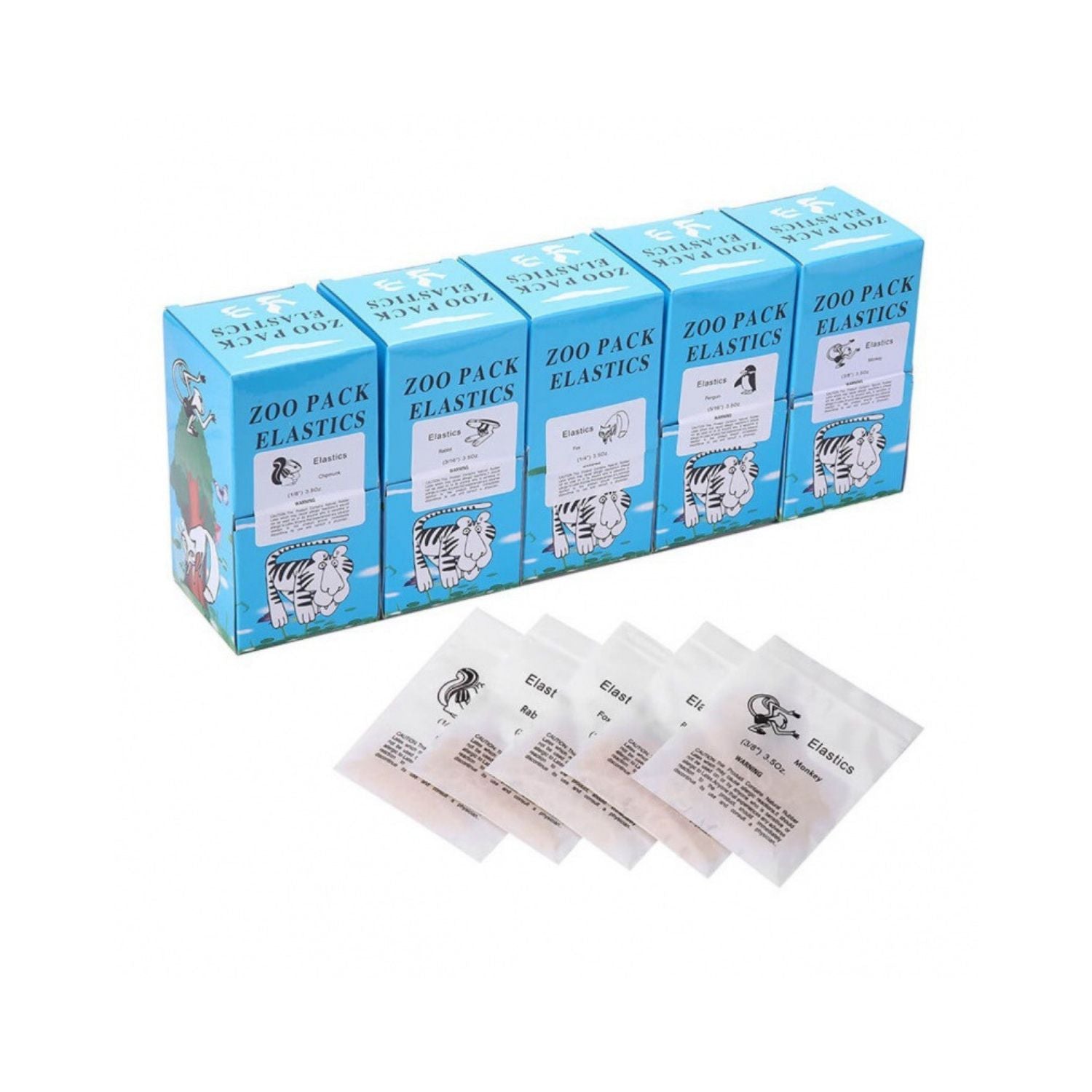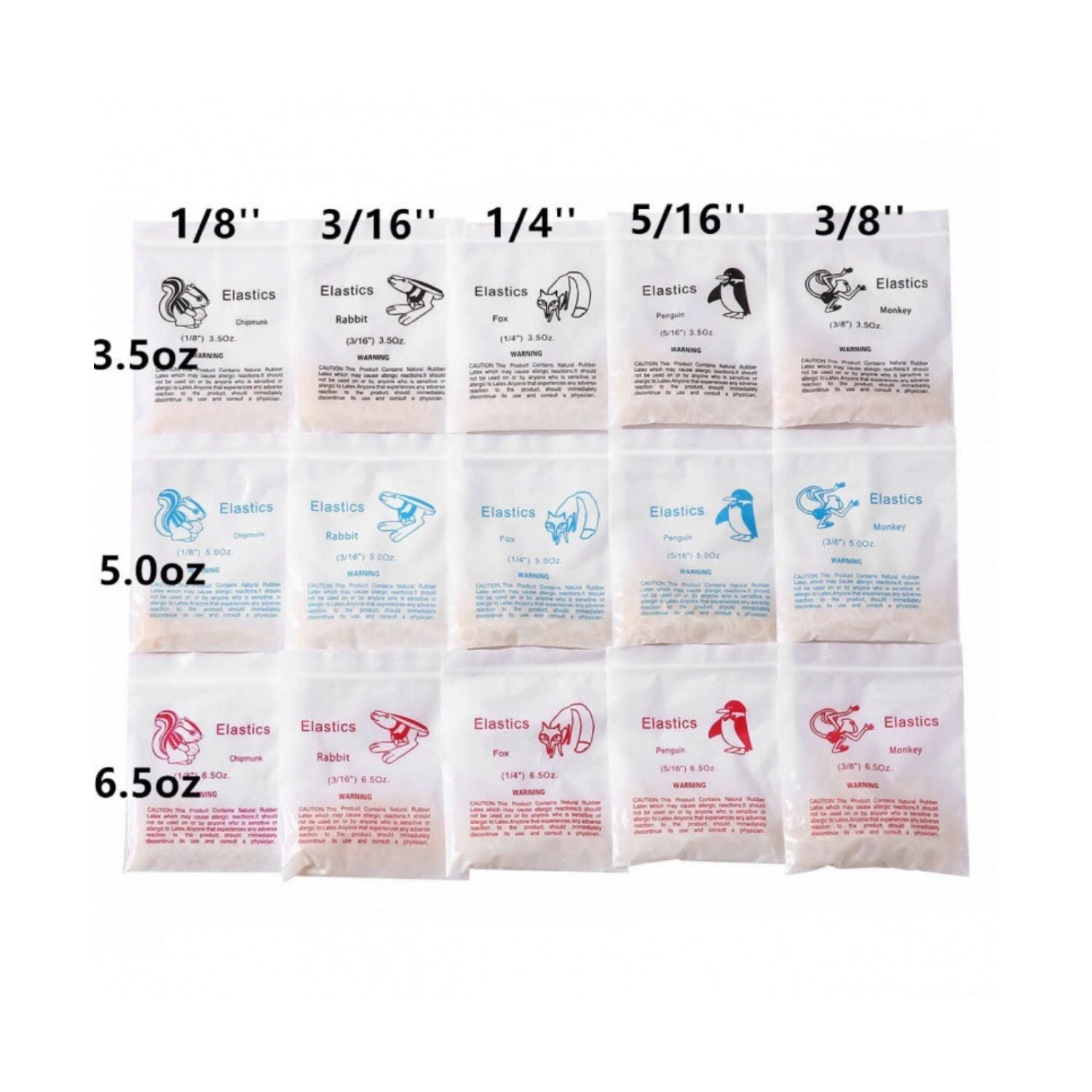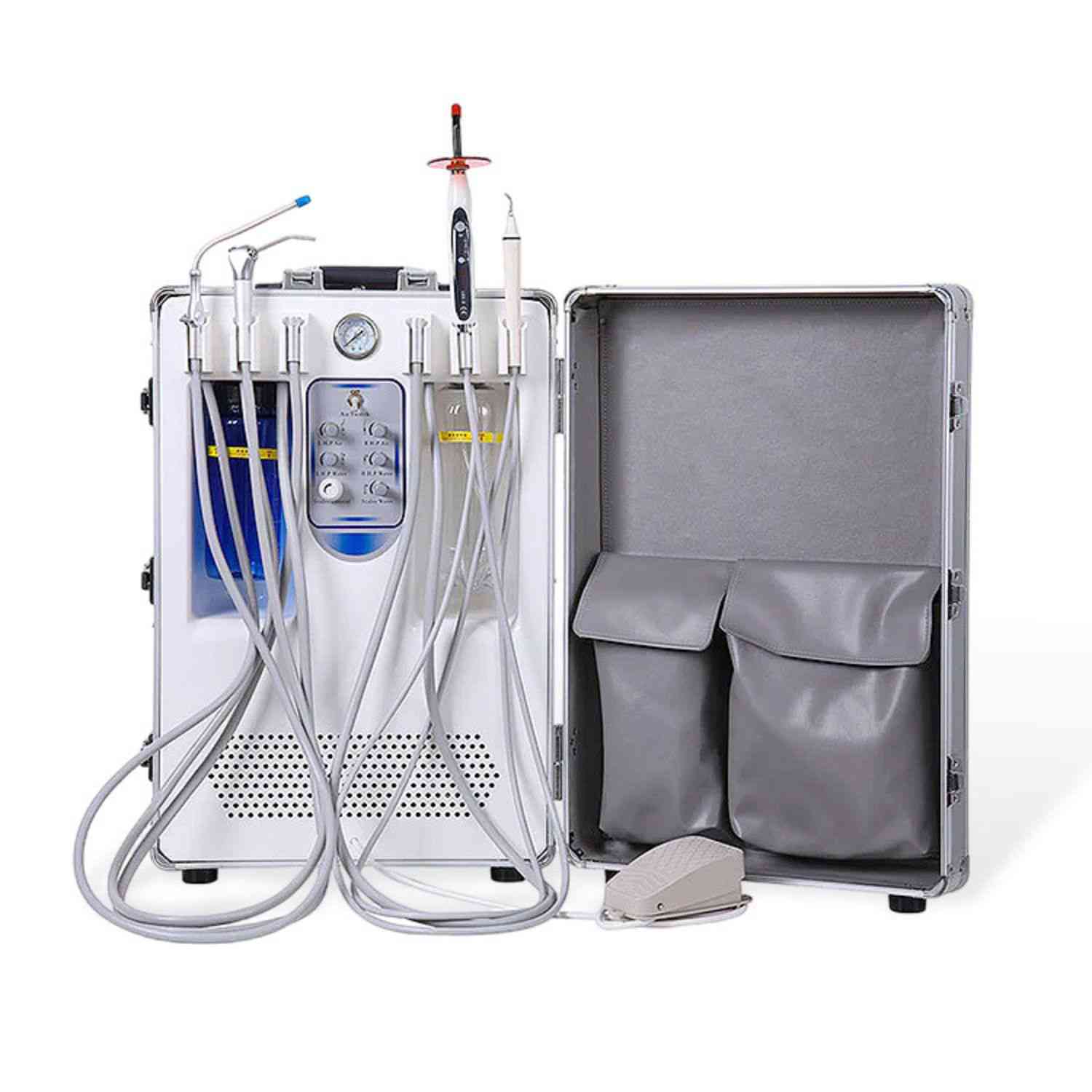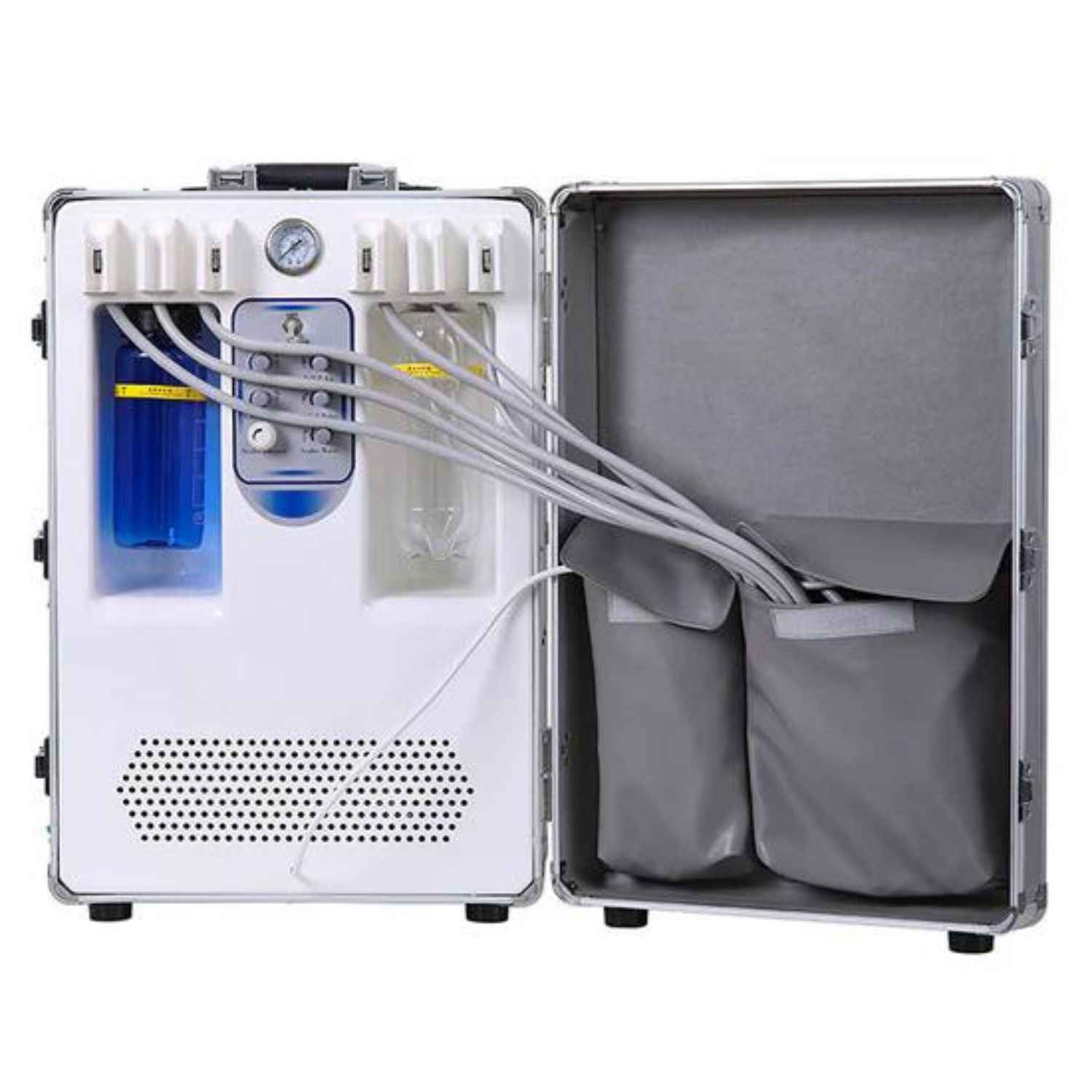What to Eat After Wisdom Teeth Removal: A Complete Food Guide
Having your wisdom teeth removed is a common dental surgery. What you eat after the surgery can help you heal faster and feel better. This guide will help you know what foods are safe to eat and which ones to avoid during your recovery.
Why Your Diet Matters After Wisdom Teeth Removal
What you eat in the days after your surgery is really important. The right foods can:
- Help your mouth heal faster
- Lower your chance of getting an infection
- Reduce pain and swelling
- Give your body the nutrients it needs to recover
The wrong foods can cause pain, delay healing, or even lead to dry socket - a painful condition where the blood clot gets dislodged from the extraction site.
What to Eat Immediately After Surgery (Day 1-2)
The first two days are the most critical time for healing. During this time, you should focus on soothing, no-chew foods that won't irritate your extraction sites.
Best Foods for Days 1-2:
- Cold foods to reduce swelling
- Blended soups (not too hot)
- Yogurt (great source of protein)
- Pudding and applesauce
- Smoothies (but don't use straws!)
- Mashed potatoes or avocado
Important Tip: Do not use straws for any drinks! The suction can dislodge blood clots and lead to painful dry socket.
Cold foods like yogurt and ice cream aren't just tasty - they help reduce swelling in your mouth. This is why dentists often recommend cold foods for the first 48 hours.
Soft Foods for Days 3-7
After the first couple of days, you can slowly add more soft foods to your diet. Your mouth will still be tender, but you can start eating foods that require minimal chewing.
Best Foods for Days 3-7:
- Scrambled eggs (great protein source)
- Oatmeal or cream of wheat
- Cottage cheese
- Soft-cooked vegetables (mashed carrots, squash)
- Protein shakes (try to choose sugar-free options)
- Mashed sweet potatoes (full of vitamins)
Your body needs protein to heal properly. Try to include soft protein options like scrambled eggs, yogurt, and protein shakes to support your recovery.
When eating these soft foods, be careful to chew away from your extraction sites. Take small bites and eat slowly to avoid disturbing the healing areas.
Transitioning to Solid Foods (Week 2+)
By the second week, you can start testing your tolerance for more solid foods. Go slowly and stop if anything causes pain.
Safe Foods to Try in Week 2:
- Pasta (well-cooked)
- Soft fish
- Tofu
- Ripe bananas
- Steamed greens (well-cooked)
- Soft bread (avoid crusty varieties)
Most people can return to their normal diet by around week 3, but everyone heals at different speeds. Listen to your body and follow your dentist's advice about when to add harder foods back into your diet [4].
Foods to Completely Avoid
Some foods can hurt your healing or even cause serious problems. These foods should be avoided completely until your dentist says it's safe.
Do Not Eat:
- Chewy foods (caramel, gummy candies)
- Crunchy foods (chips, popcorn, nuts)
- Spicy foods (they can irritate the wounds)
- Seeds and grains (can get stuck in extraction sites)
- Alcohol (can delay healing and interact with medications)
- Carbonated drinks (can disturb blood clots)
Alcohol is particularly bad after wisdom teeth removal. It can irritate your mouth, slow down healing, and may interact with pain medications. Using high-speed handpieces helps dentists make precise extractions, but proper aftercare is what prevents complications.
Sample 7-Day Meal Plan
Here's a simple meal plan to help you through the first week after your wisdom teeth removal:
| Day | Breakfast | Lunch | Dinner | Snacks |
|---|---|---|---|---|
| 1 | Greek yogurt | Blended butternut squash soup (lukewarm) | Mashed potatoes | Applesauce |
| 2 | Smooth oatmeal | Cream of tomato soup | Yogurt with honey | Pudding |
| 3 | Scrambled eggs | Mashed avocado | Pureed vegetable soup | Protein shake |
| 4 | Yogurt with pureed fruit | Mashed sweet potatoes | Soft mac and cheese | Cottage cheese |
| 5 | Cream of wheat | Pureed lentil soup | Soft-cooked fish | Smooth applesauce |
| 6 | Soft pancakes with syrup | Refried beans | Well-cooked pasta | Banana smoothie |
| 7 | French toast (soft) | Soft rice | Shredded chicken in gravy | Yogurt |
Remember to take small bites and eat slowly. If anything causes pain, stop eating it and go back to softer foods.
Common Mistakes to Avoid for Faster Healing
Many people make mistakes that can slow down their recovery. Here are some key things to avoid:
- Don't skip protein - Your body needs it to rebuild tissue
- Don't use straws for 7-10 days (creates suction that can dislodge blood clots)
- Don't eat foods that are too hot - Wait for soups and drinks to cool down
- Don't rinse too hard - Gentle saltwater rinses are good, but vigorous swishing can harm healing
- Don't return to hard foods too quickly - Be patient with your recovery
After dental surgery, proper care at home is essential. Following these guidelines can make your recovery much smoother.
Temperature Matters: Hot vs. Cold Foods
The temperature of your food is more important than you might think:
- Cold foods help reduce swelling in the first 48 hours
- Hot foods can increase the risk of bleeding and irritate sensitive tissue
- Lukewarm foods are best after the first two days
Wait at least 24-48 hours before consuming anything warm, and even then, make sure it's not hot enough to disturb the blood clots forming in your extraction sites.
Staying Hydrated Without Straws
Drinking enough fluids is important for healing, but you need to be careful about how you drink.
Safe Ways to Stay Hydrated:
- Use a spoon for smoothies and liquid foods
- Sip slowly from a cup or glass
- Try room temperature water (cold water might hurt sensitive areas)
- Avoid alcohol and carbonated drinks completely
Using straws can create suction in your mouth that might dislodge blood clots and lead to dry socket, a painful condition that delays healing.
Nutrient-Rich Foods That Speed Healing
Certain nutrients can help your body heal faster after wisdom teeth removal:
- Protein supports tissue repair (eggs, yogurt, protein shakes)
- Vitamin C helps with wound healing (fruit smoothies)
- Vitamin A supports immune function (sweet potatoes)
- Zinc helps with tissue growth and repair (soft meats when you're ready)
Including these nutrients in your soft food diet can significantly shorten your recovery time.
Frequently Asked Questions
When can I eat pizza after wisdom teeth removal?
Wait 10-14 days before trying pizza. Start with soft crust only and avoid toppings that require much chewing. If you feel any pain, stop eating it and wait a few more days.
Can I drink coffee after wisdom teeth surgery?
Yes, but make sure it's lukewarm, not hot. Drink it slowly without using straws. Wait until at least day 2 or 3 after surgery, and avoid adding sugar.
How long until I can chew normally again?
Most people can resume normal eating by week 3, but this varies from person to person. Follow your dentist's specific instructions and listen to your body. If chewing causes pain, you may need to wait longer.
What can I eat if I'm hungry but everything hurts?
Nutritional shakes, yogurt, mashed potatoes, and pureed soups are good options when you're hungry but in pain. Focus on getting enough calories and protein in liquid or very soft form.
Can I eat rice after wisdom teeth removal?
Wait at least 5-7 days before trying well-cooked, soft rice. Be very careful as small grains can get stuck in extraction sites. Overcooked rice that's very soft is better than regular rice.
Conclusion
Having your wisdom teeth removed doesn't mean you have to suffer through boring or tasteless foods. With some planning and creativity, you can eat foods that taste good and help your mouth heal.
Remember these key points:
- Start with liquid and cold foods
- Move slowly to soft foods
- Avoid straws completely
- Skip crunchy, spicy, and chewy foods
- Get plenty of protein and nutrients
Most importantly, follow your dentist's specific instructions. They know your case best and can give you personalized advice for your recovery.
Taking good care of yourself after wisdom teeth removal will help you get back to normal eating and feeling better as soon as possible!

